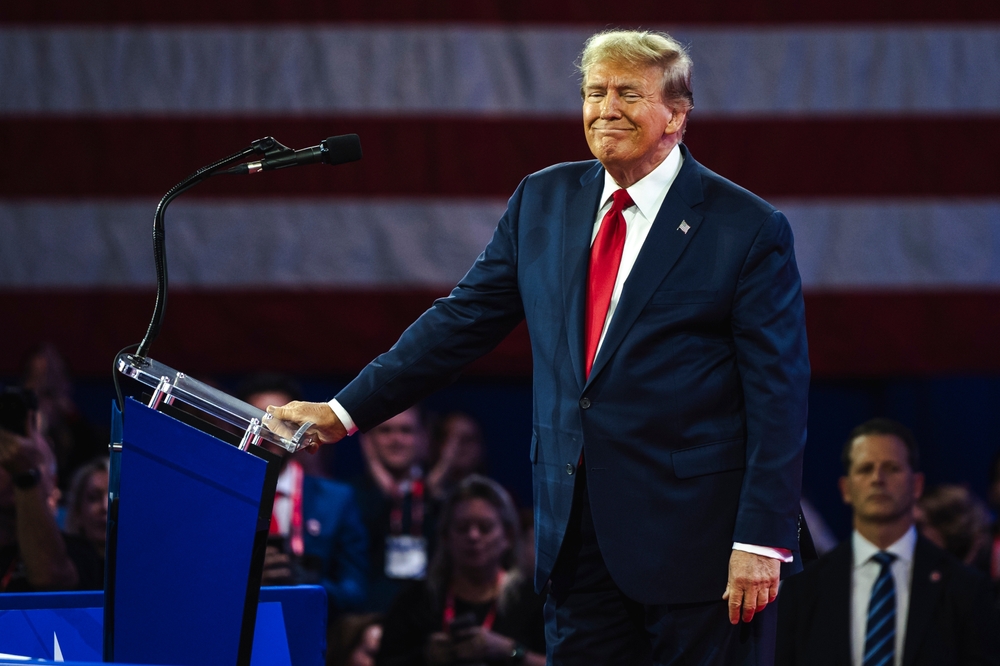With President-Elect Trump’s promise to get tough on crime, the focus for many Americans has centered on protecting citizens from violent offenders. Yet, for advocates of prison reform and civil rights within the justice system, Trump’s hardline stance raises critical questions about the treatment of those already behind bars, especially when it comes to addressing civil rights violations.
Private prisons, where abuses are often more frequent due to profit-driven motives, stand as one of the most vulnerable areas for such rights violations. But the question remains: how much sway will a Trump administration have over both private and public prisons, and what implications does this have for prison reform advocates?
Federal vs. State Penitentiaries
A Trump administration, with its “tough on crime” approach, may prioritize stricter enforcement and longer sentences for violent offenses, potentially leading to more crowded federal and state prisons. While federal institutions fall under the Department of Justice, which Trump’s administration would oversee, state penitentiaries operate largely under state jurisdiction. This separation limits direct federal intervention, yet Trump’s influence could still be felt through funding incentives and legislative pushes that encourage states to align with a federal agenda focused on punitive measures rather than reform.
For incarcerated individuals experiencing civil rights violations, this approach could prove a mixed bag. While federal oversight might result in more stringent safety protocols in federal institutions, state facilities may only experience change if state governments themselves adopt similar priorities.
Unfortunately, for those advocating for improved conditions and rights protections, this could mean civil rights issues remain secondary to crime deterrence, leaving many incarcerated individuals vulnerable to abuses in state facilities.
Private Prisons and Trump’s Influence
Private prisons pose unique challenges within prison reform because they operate independently under contracts with government agencies and are motivated by profit. Trump’s administration may encourage the expansion of private prison use to address rising inmate populations—a move that could, in theory, alleviate overcrowding and heighten the risk of abuse. Private institutions have a long history of civil rights violations, often exacerbated by cost-cutting measures and insufficient oversight, leading to neglect of basic inmate needs and safety.
Federal contracts with private prisons give the Trump administration some leverage in setting operational expectations. By mandating stricter adherence to civil rights protections as a condition of these contracts, the administration could compel private prisons to improve conditions. However, whether such protections are prioritized remains uncertain, as the administration’s crime policies may prioritize detainment over detainee rights. Additionally, since private prisons are profit-driven, there is concern that cost-reducing practices could continue, leading to environments where civil rights abuses go unchecked unless federal oversight is explicitly tightened.
Civil Rights Protections for Incarcerated Individuals
One of the central concerns for prison reform advocates is how much emphasis a Trump administration will place on protecting the rights of the incarcerated. Trump’s “law and order” focus may center primarily on keeping offenders confined, possibly at the expense of ensuring humane treatment and civil rights protections. For federal facilities, Trump’s Department of Justice has the authority to implement policies that could reinforce inmates’ rights, but this would require a commitment to balancing security with compassion. This stance may conflict with a strict “tough on crime” approach.
At the state level, Trump’s influence would be indirect, relying on state-level adoption of federal guidelines. However, advocacy groups may pressure the administration to enforce existing civil rights laws in both state-run and federal facilities, pushing for improved transparency and accountability. The challenge, however, is ensuring these protections are enacted in practice, especially in facilities with overcrowding, understaffing, and limited resources.
In the end, prison reform advocates are in somewhat of a bind under a Trump Administration, in which the push for justice and humane treatment must contend with a broader agenda focused on punitive measures. For incarcerated individuals at risk of rights violations, the hope for a Trump administration rests on an unlikely balance between crime control and civil rights protection. How well the elements can be balanced remains to be seen.

Leave a Reply